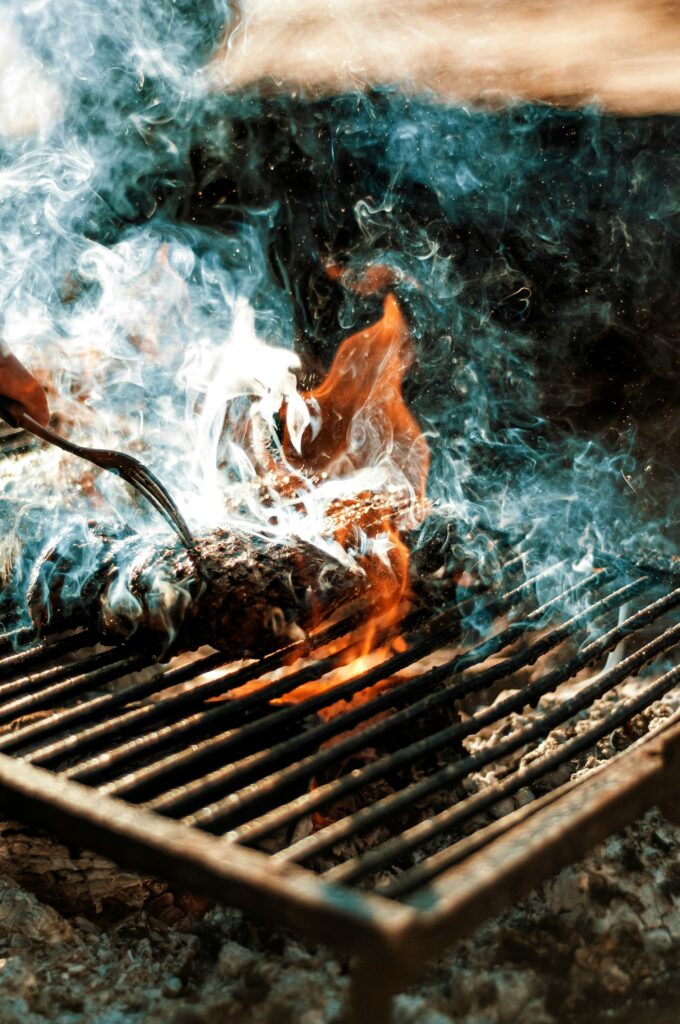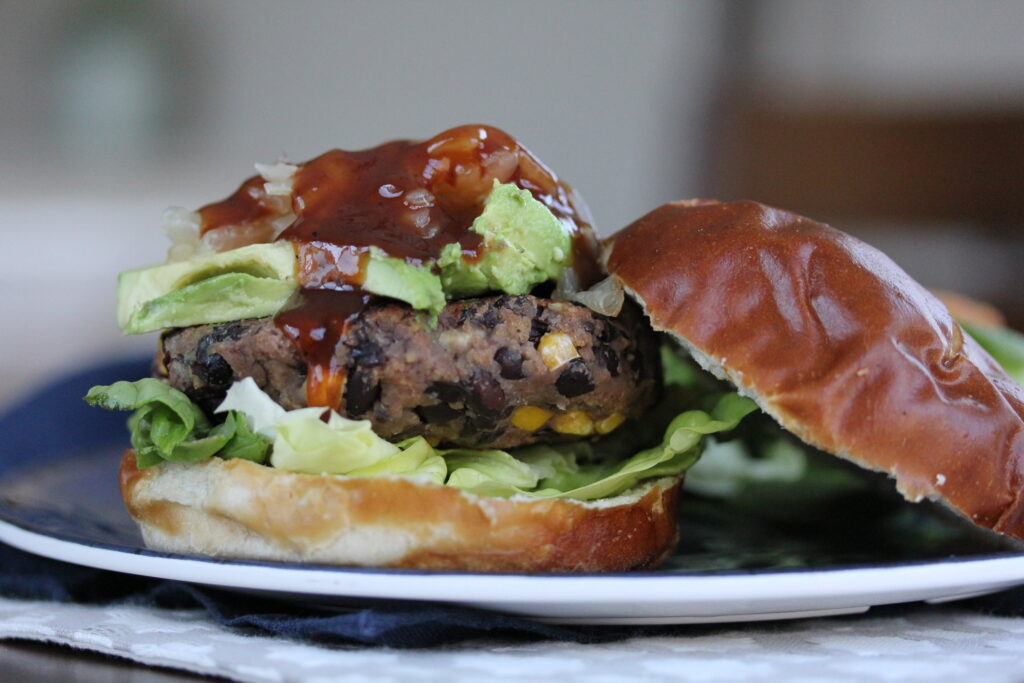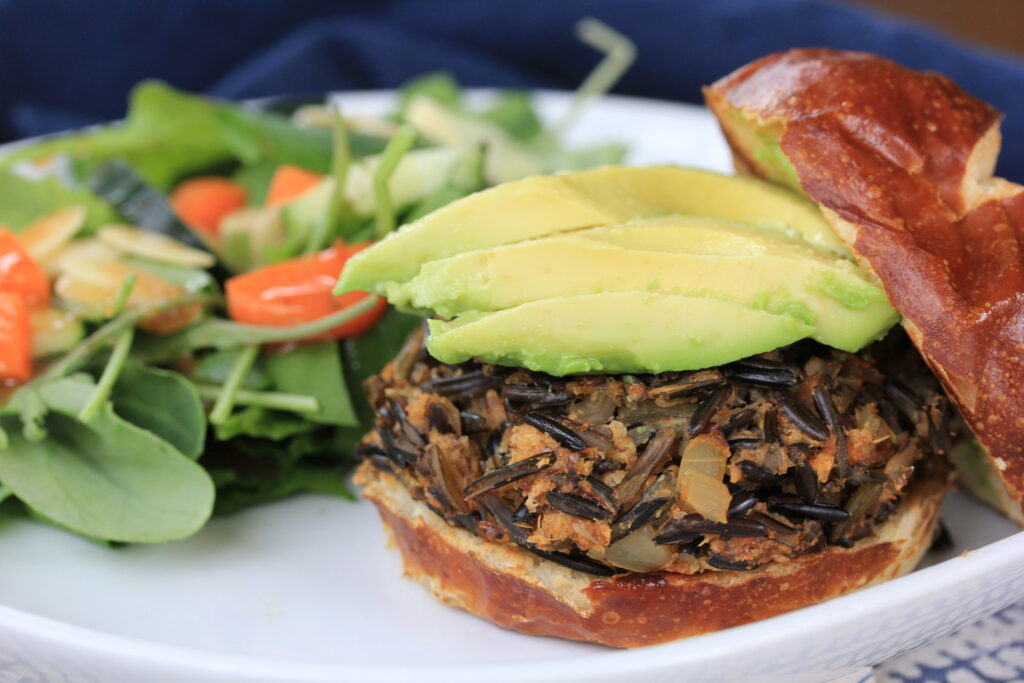Podcast Features
What do you want to learn more about?
Mentorship Program, 1:1 Nutrition Coaching with Alison
The Wholesome Journey - Group Nutrition Coaching Program
June 27, 2019
Alison Tierney, MS, RD, CD, CSO
Alison is a registered dietitian, board-certified in oncology nutrition, and a cancer thriver. Her expertise in oncology nutrition and personal experience with her own cancer diagnosis and its treatment provide her with the unique perspective of being able to relate to her clients on an entirely different level. Her content is consistently focused on evidence-based guidelines and seeks to increase the awareness of the power of nutrition to complement traditional cancer therapies.
- Alison Tierney, MS, RD, CD, CSOhttps://wholesomellc.com/author/alisonwholesomellc-com/
- Alison Tierney, MS, RD, CD, CSOhttps://wholesomellc.com/author/alisonwholesomellc-com/
- Alison Tierney, MS, RD, CD, CSOhttps://wholesomellc.com/author/alisonwholesomellc-com/
- Alison Tierney, MS, RD, CD, CSOhttps://wholesomellc.com/author/alisonwholesomellc-com/
Summer is officially here in the Northern Hemisphere and that means it’s the perfect time to fire up the grill and enjoy some delicious outdoor cooking! While grilling is a popular summer pastime for many, it’s important to know that grilling particular foods may increase cancer risk. In this article, we will explore why grilling may increase our risk for cancer, grilling tips to reduce cancer risk, and explore healthy grilling options as an alternative to traditional grilled meats.
The Link Between Grilling and Cancer Risk: An Overview
The development of cancer is a complex process influenced by multiple factors. However, it’s important to note that there is no single food that causes cancer in and of itself – just as there is no single food that can prevent or cure cancer in and of itself.
However, the current accumulation of research with focus on nutrition and cancer shows that the consumption of processed and red meat is strongly linked to increased cancer risk, in particular, colorectal cancer and stomach cancer (per the American Institute for Cancer Research (AICR), World Cancer Research Fund (WCRF) and American Cancer Society). (1, 2, 3)
Of note, the International Agency for Research on Cancer (IARC, part of the World Health Organization) and the US National Toxicology Program (NTP), categorizes the consumption of processed meat (i.e. bacon, sausage, hot dogs, lunch meat, etc.) as a group 1 carcinogen (cancer causing chemical), which by definition is “carcinogenic to humans”, or cancer causing. (2)
The IARC and NTP has further classified the consumption of red meat (beef, pork, veal, and lamb) as a group 2A carcinogen, or by definition “probably carcinogenic to humans”. (2)

Understanding the Potential Risks of Grilling
Several mechanisms have been identified to explain why red and processed meat are associated with an increased cancer risk. These mechanisms include cooking meats at high temperatures, higher levels of heme iron, and the high salt content (commonly found in processed meats). (3)
For the purpose of this article, we will focus on the cooking of meats at high temperatures, specifically when grilling – and ultimately, healthy grilling options.
Exploring the Formation of Carcinogens in Grilled Foods
When muscle meat is cooked at high temperatures (greater than 300 degrees Fahrenheit) through methods like pan frying or grilling, it can lead to the formation of harmful substances called heterocyclic amines (HCAs) and polycyclic aromatic hydrocarbons (PAHs) (4). These chemicals have been linked to cancer as they have the ability to damage the DNA in our bodies, which is a known factor in cancer development.
HCAs are formed when amino acids (the building blocks of protein), sugars, and creatine (a substance found in meat) react to the high temperatures produced during grilling.
The good news is that HCAs are not found in significant sources in others foods, such as vegetables, fruits, and legumes which may be grilled or cooked at high temperatures. (4)
PAHs, on the other hand, are formed when fats and juices from meat drip onto hot coals or heating elements, causing flames and smoke to rise and coat the food with these compounds. (4,5)
The smoke byproduct is what contains the PAHs, which are also commonly found within smoked foods, such as smoked meats. PAHs are also in cigarette smoke. (5)

What Causes the Carcinogens in Cooked Meats?
The creation of carcinogens in cooked meats varies based on the type of meat, cuts of meat, cooking method, cooking temperature, and degree of doneness (rare, medium, well-done), and cooking time. (5,6)
As it relates to HCAs: (6)
- Animal protein with less fat and less water produced higher levels of HCAs vs. meat with more fat and more water.
- Well-done or charred meats generally contain higher levels of HCAs compared to rare or medium-cooked meats.
- Higher cooking temperatures and longer cooking times increase the formation of HCAs.
As it relates to PAHs, cooking methods that expose animal protein to smoke contribute to PAH formation. (6)
Tips for Healthier Grilling
In 2007 and 2018, the AICR and WCRF, issued a report of recommendations to limit the consumption of red and processed meats. More specifically to consume no more than 12-18 ounces of red meat per week and to eat little, if any, processed meat. (3)
Furthermore, it is important to note that high temperature cooking of any animal protein can lead to the development of HCAs and PAHs (including poultry and fish).
If and when choosing to consume meats, thankfully, there are a few precautions one can take to reduce their exposure to these cancer causing substances.
6 Simple Steps to Reduce Carcinogens in Cooked Meats & Healthy Grilling Options
- Avoid direct exposure to open flame.
When grilling, try to prevent the meat from coming into direct contact with open flames. This can help reduce the formation of the harmful compounds.
2. Avoid long cooking times – especially at high temperatures.
Longer cooking times and higher temperatures can increase the formation of carcinogens. To minimize this, aim for shorter cooking times and lower heat settings whenever possible.
3. Pre-Cook.
If you’re grilling a large cut of meat, consider reducing the amount of time the meat will have exposure to the high grill temperatures. You can pre- and partially cook the meat in the microwave, oven or stove first.
4. Frequently flip meat.
Regularly flipping the meat while grilling can help reduce the formation of the harmful compounds. By flipping the meat more frequently, you ensure that it cooks more evenly and decreases the chances of charring.
5. Remove charred portions from the meat.
Charred portions of meat often contain higher levels of the carcinogens. To reduce your exposure, trim away any visible charred or burnt sections before consuming.
6. Marinate the meat, fish, or poultry for at least 30 minutes prior to grilling.
Marinating your meat, fish, or poultry before grilling can provide a protective barrier and help reduce the formation of HCAs. Aim to marinate for at least 30 minutes before cooking. Consider acidic marinades that include citrus juice, (such as lemon juice) and/or vinegar, along with herbs and spices.

Explore Healthy Grilling Options vs. Traditional Grilled Meats
If you’re looking to do everything in your power to reduce the risk of cancer development or reduce the risk of cancer recurrence, exploring healthy grilling options compared to traditional grilled meats can be a great option. There are several delicious, healthy grilling options that can still give you that smoky, grilled flavor without the potential health risks.
- Grill Vegetables (& Fruit)
One popular alternative to traditional grilled meats is grilled vegetables. Thankfully the development of carcinogens only occurs when cooking animal protein – not plants!
Vegetables like bell peppers, zucchini, eggplant, and mushrooms can be marinated and grilled to perfection. They not only provide a delicious smoky flavor, but are also rich in vitamins, minerals, phytochemicals (which have been shown to be cancer protective), and fiber that may help reduce the risk of cancer.
Consider serving grilled vegetables as a side dish or even used as a filling in wraps or sandwiches.
Even more so, consider grilled sweet potatoes, peaches, pineapple, or even avocados!
- Grill Soy Protein
Plant-based proteins like tofu or tempeh are also great alternatives for grilling and healthy grilling options. These options are not only low in saturated fat but also a good source of plant protein and isoflavones – of which, may reduce the risk of cancer development.
Marinating tofu or tempeh with flavorful sauces and spices can add a delicious twist to your grilled dishes. You can even experiment with different marinades to create unique flavors.
- Grill Bean Based & Veggie Burgers
Bean based burgers and other plant foods are a great way to enjoy the grill, without the risks – and all of the benefits of fiber, phytochemicals, and plant-protein.
There are a wide variety of options to try. Consider: Italian Chickpea Burgers, Black Bean Farro Burgers, and Black Bean Burgers.

Taking Action to Reduce the Risk of Cancer
It is worth repeating, that no single food, such as processed, red, or grilled meat, cause cancer in and of itself. However, there are measures we can take to make our grilling practices healthier. If grilling animal protein, we can take several steps to help reduce the production of HCAs and PAHs. Furthermore, by opting for alternative options like vegetables and plant-proteins, not only does the production of harmful compounds like HCAs and PAHs not exist, but we also benefit from the abundance of nutrients these options provide, which in turn helps reduce the risk of cancer.
Free Download

Post Updated, June 19, 2024
References
(1) Effects of diet and physical activity on risks for certain cancers. American Cancer Society. (n.d.-a). https://www.cancer.org/cancer/risk-prevention/diet-physical-activity/acs-guidelines-nutrition-physical-activity-cancer-prevention/diet-and-activity.html
(2) Known and probable human carcinogens. American Cancer Society. (n.d.-b). https://www.cancer.org/cancer/risk-prevention/understanding-cancer-risk/known-and-probable-human-carcinogens.html
(3) World Cancer Research Fund/American Institute for Cancer Research. Diet, Nutrition, Physical Activity and Cancer: a Global Perspective. Continuous Update Project Expert Report 2018. Available at dietandcancerreport.org
(4) Cross AJ, Sinha R. Meat-related mutagens/carcinogens in the etiology of colorectal cancer. Environmental and Molecular Mutagenesis 2004; 44(1):44–55. [PubMed Abstract]
(5) Chemicals in meat cooked at high temperatures and cancer risk. NCI. (2017, July 11). https://www.cancer.gov/about-cancer/causes-prevention/risk/diet/cooked-meats-fact-sheet#:~:text=Heterocyclic%20amines%20(HCAs)%20and%20polycyclic,muscle)%20react%20at%20high%20temperatures.
(6) Samuel Ayofemi Olalekan Adeyeye, Tolulope Joshua Ashaolu; Heterocyclic Amine Formation and Mitigation in Processed Meat and Meat Products: A Mini-Review, Journal of Food Protection. Volume 84, Issue 11, 2021, Pages 1868-1877, ISSN 0362-028X, https://doi.org/10.4315/JFP-20-471.


Healthy Grilling Options & Tips to Reduce Cancer Risk
Wholesome LLC is not a medical practice, and its employees cannot offer medical advice. This website provides educational information but it is not a substitute for medical advice from a licensed medical professional who is familiar with your particular facts and circumstances. The information contained on this website is not intended to diagnose, treat, or cure any disease and shall not be construed as medical advice. The information and education on this website is provided for you to use at your own discretion.
You can further review our disclaimer here.
Wholesome
About Alison
Courses & Programs
The Wholesome Journey
Free Resources
FAQs
Press & Media
Recipes
Blog
Contact Us
Shop
© 2025 Wholesome, LLC All rights reserved.
Privacy Policy
Terms of Use
Disclaimer
Mobile Terms of Service
